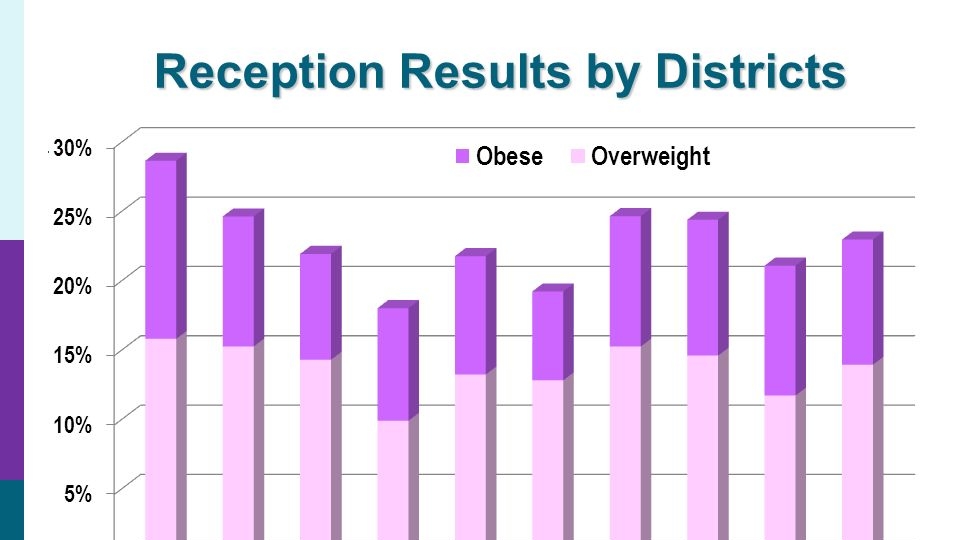
Childhood obesity is a pressing issue in Hertfordshire, reflecting a broader national trend of declining child health in the UK. The surge in obesity rates among children in the county is alarming, underlining the need for urgent intervention and awareness. This significant public health challenge demands concerted action from the community and authorities. The long-term impact of childhood obesity on health and well-being is a growing concern that we cannot afford to ignore.
The Concerning State of Child Health in the UK
As per a report by the Academy for Medical Sciences, child health in the UK is notably deteriorating, with obesity being a significant contributor. Other key concerns include high rates of tooth decay, infant mortality, decreased vaccination rates, increased demand for children’s mental health services, and unequal access to healthcare. Experts and organizations have expressed alarm and urgency in addressing these issues. While the Government claims it has taken substantial steps to improve children’s health through various initiatives, the crisis remains largely unresolved.
The Scary Reality of Childhood Obesity in Hertfordshire
The situation in Hertfordshire, specifically in Luton, reflects the grim national scenario. According to NHS Digital stats, two-thirds of adults in Luton are overweight, pointing to a culture of unhealthy eating habits that are passed on to the younger generation. The town, dominated by fast food joints, has a high rate of hospital admissions for obesity. While the council has introduced initiatives to promote healthy eating and lifestyle, the obesity issue in the town persists, with locals blaming the council for the proliferation of fast-food establishments.
Addressing Childhood Obesity: The Role of Schools and Local Councils
Despite the bleak picture, there are glimmers of hope. An exemplar of positive action is the Daily Mile scheme, which has reached a significant milestone in England. Every council in the country now has a school participating in the initiative. Over 8,000 primary schools and early years settings are involved, demonstrating the potential for schools and local council public health teams to collaborate in improving children’s health. The scheme has shown a positive impact on the physical, mental, and social health of children and has improved focus in class. However, the National Child Measurement Programme has identified increasing numbers of overweight and obese children, indicating that efforts like the Daily Mile need to be further supplemented.
Moving Forward: The Need for Stronger Intervention and Greater Awareness
The rise in childhood obesity rates in Hertfordshire is a wake-up call for all stakeholders- parents, schools, local councils, and the government. There is a need to prioritize the health of children to prevent long-term health and lifestyle issues. Simultaneously, it is crucial to raise awareness about the damaging effects of obesity and promote healthier eating and exercise habits. The Royal College of Paediatrics and Child Health and Unicef are urging the government to act on the evidence and reverse the decline in children’s health outcomes. It is high time that we heed this call to action and join hands in fighting the obesity crisis that is threatening the future of our children.
